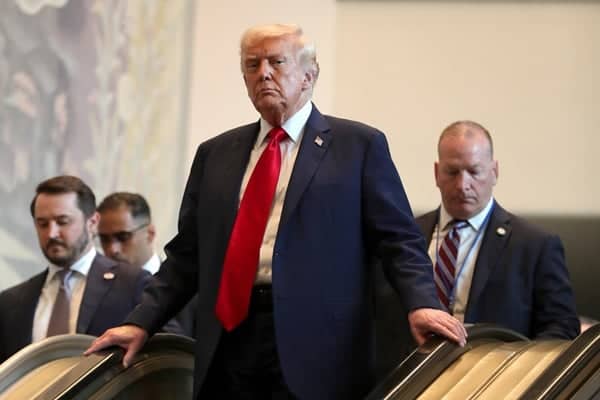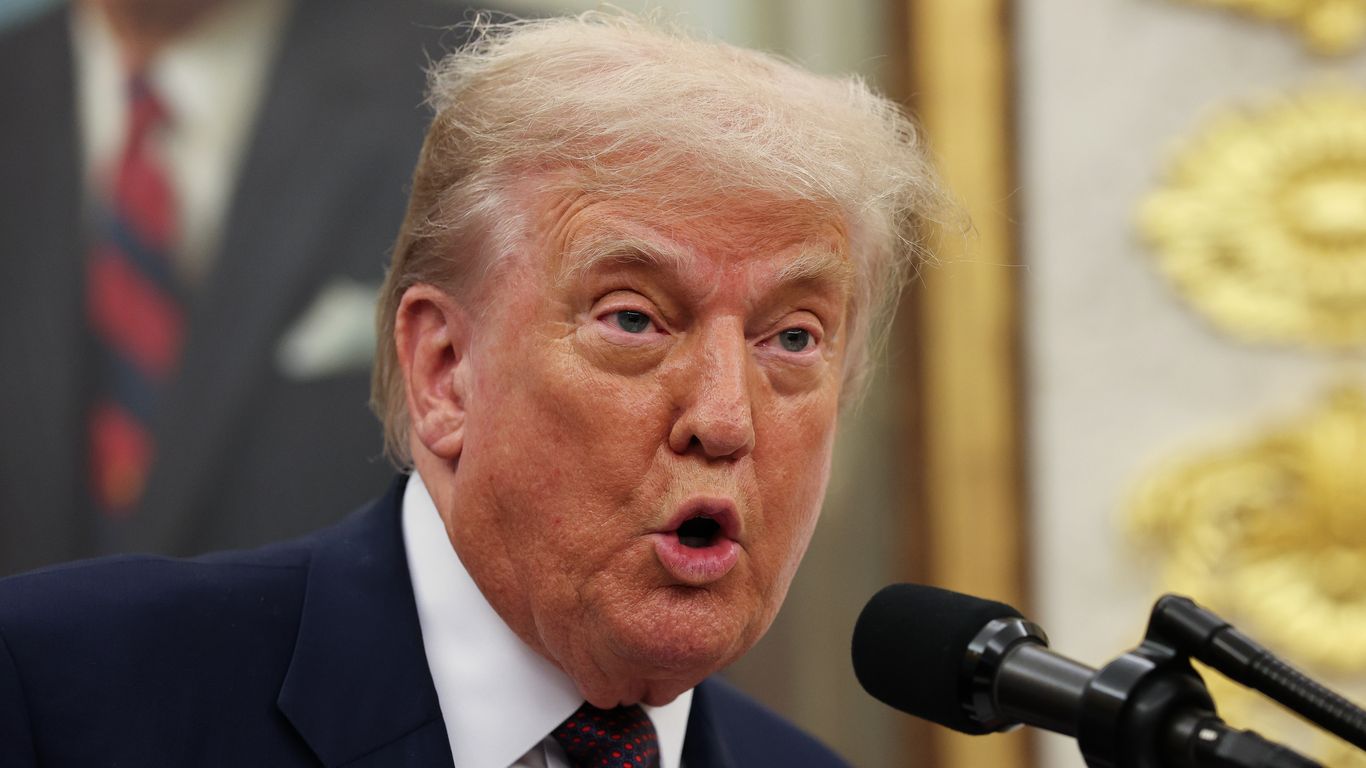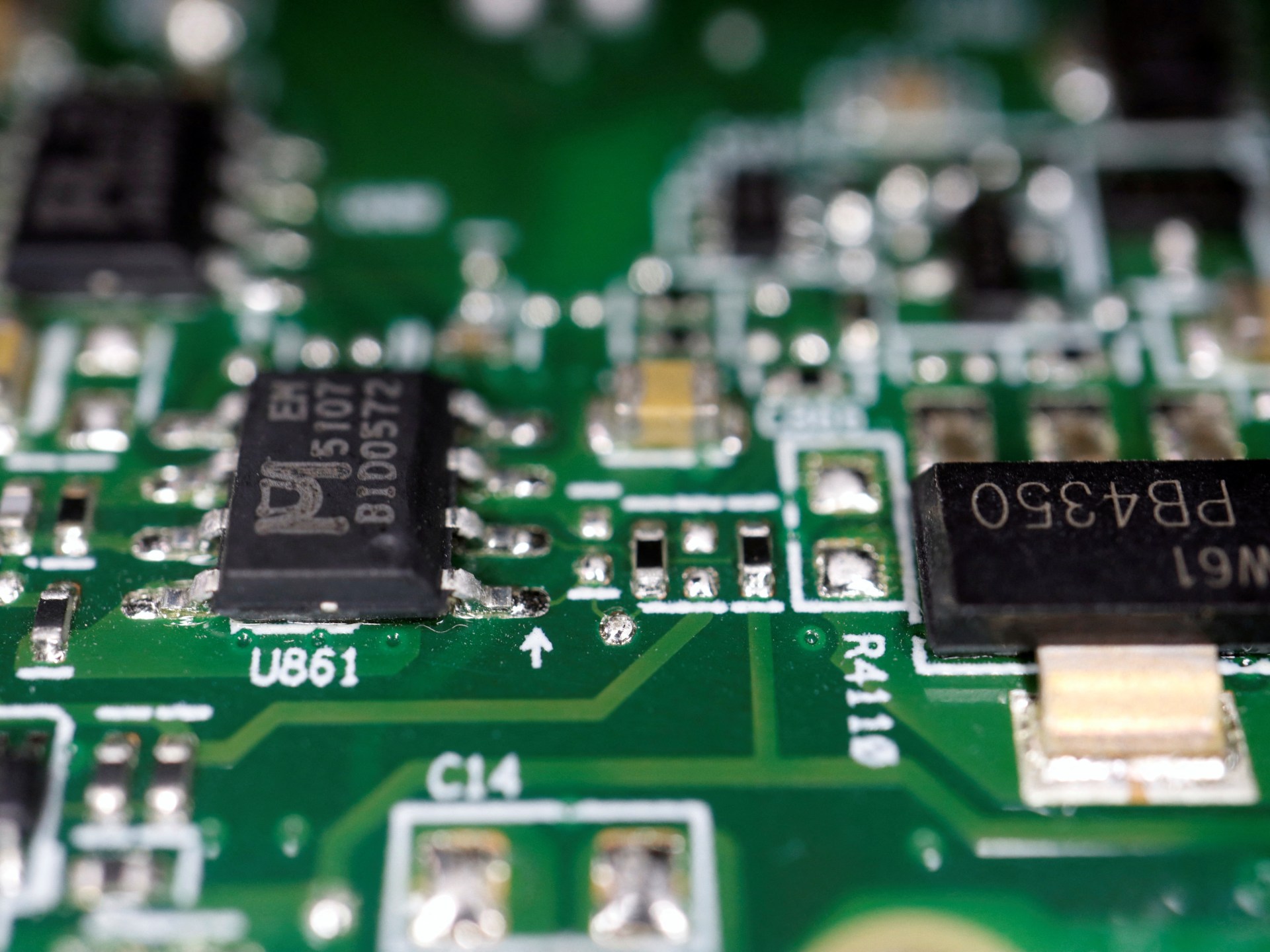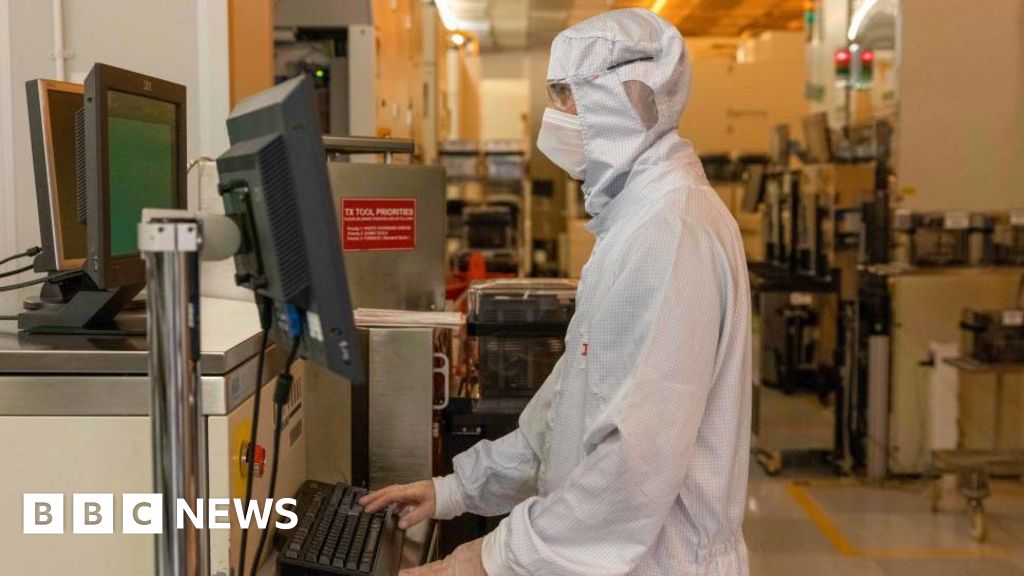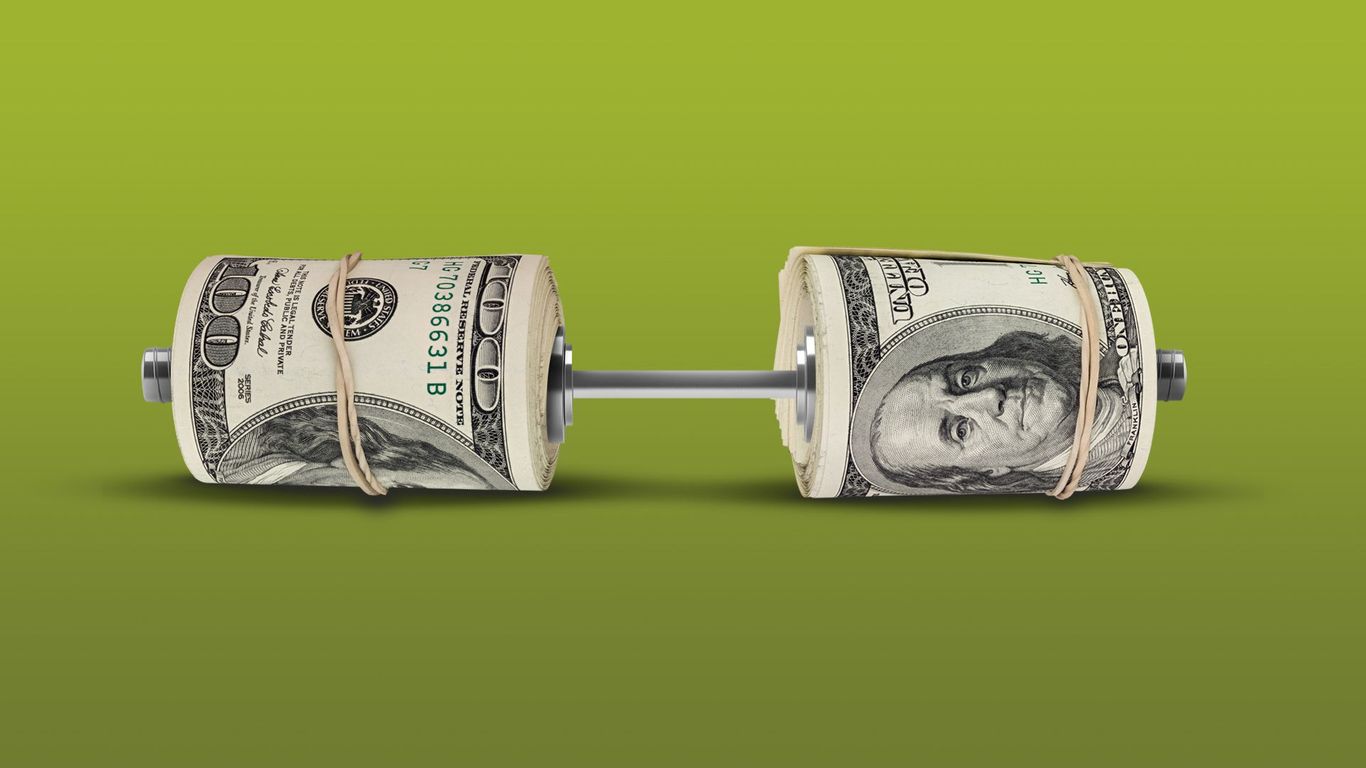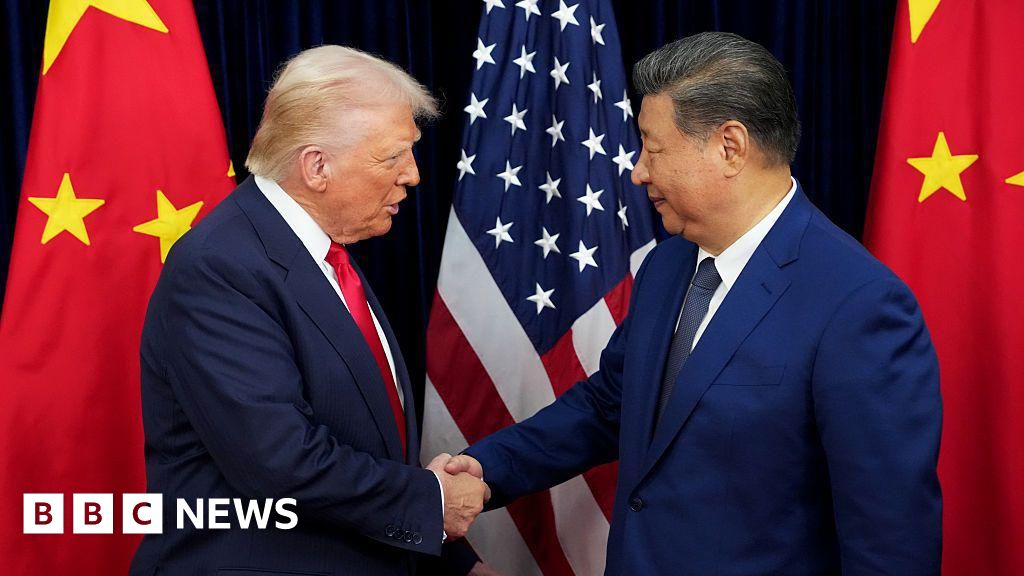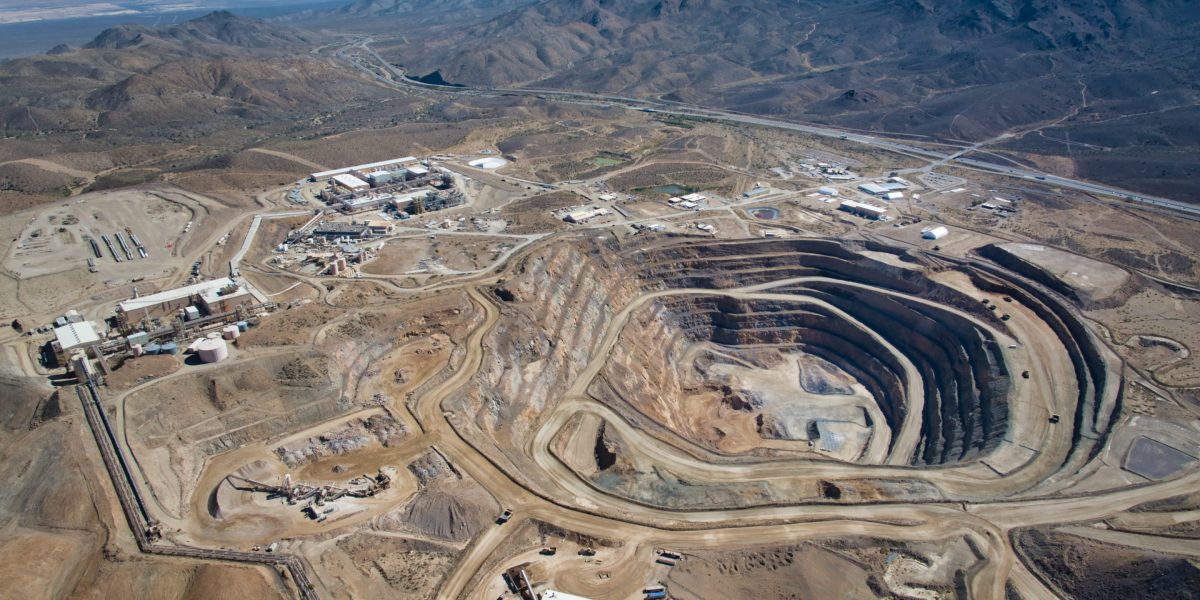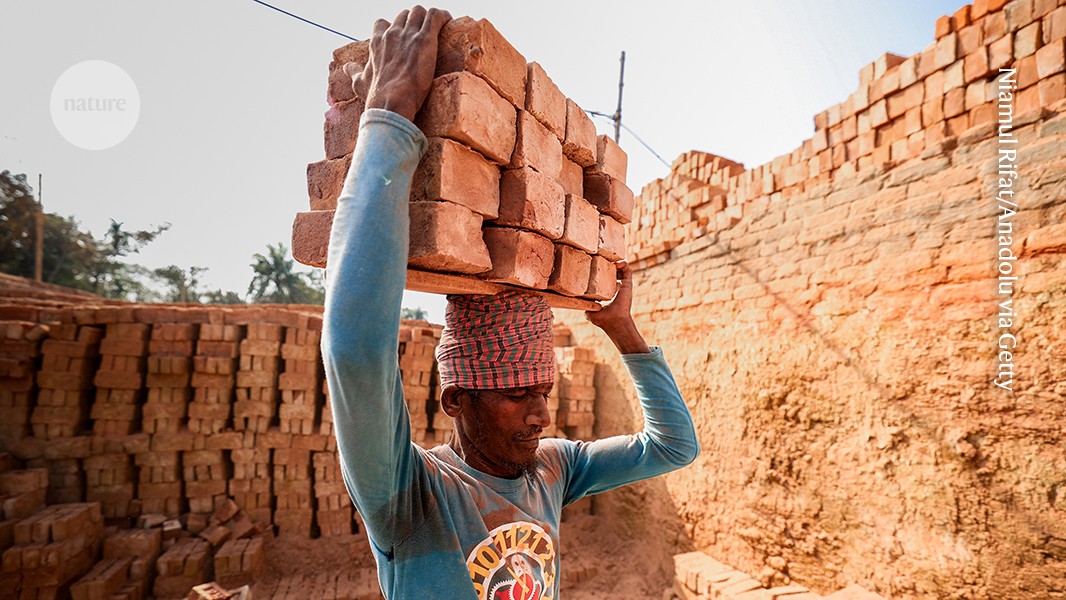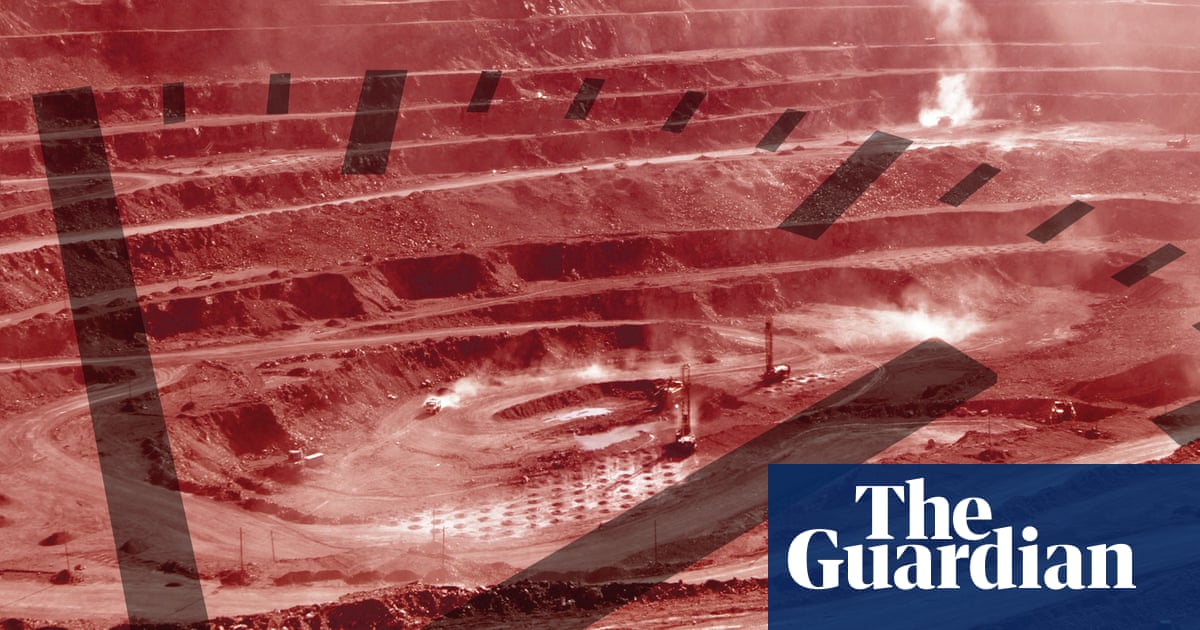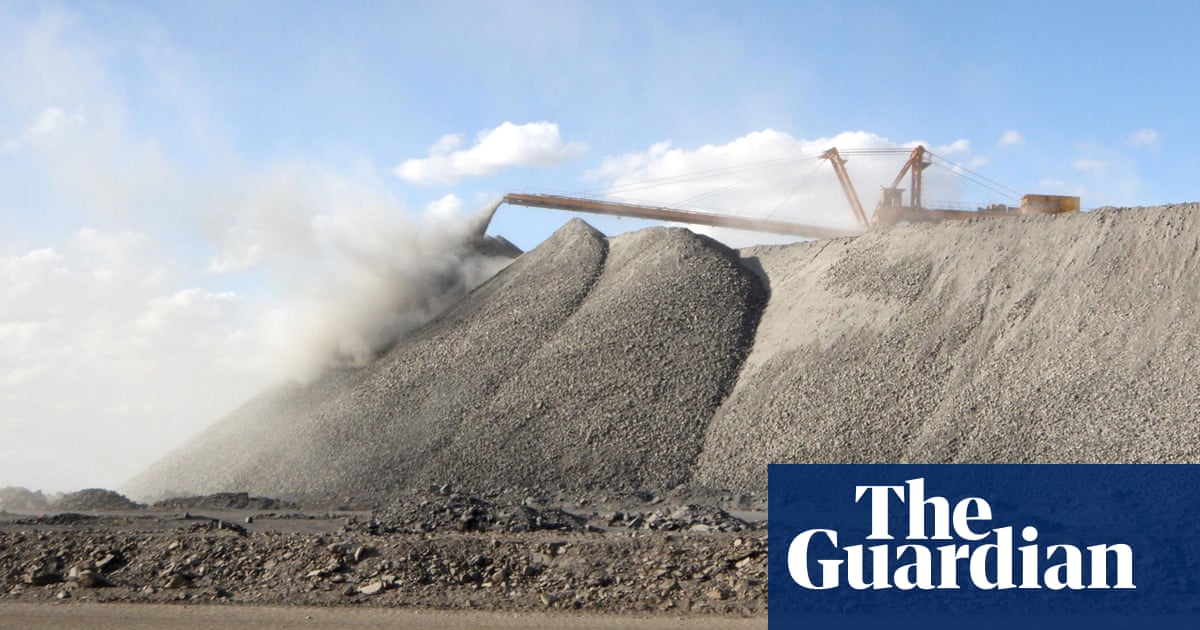fromLondon Business News | Londonlovesbusiness.com
2 weeks agoGlobal markets enter 2026 at a crossroads - London Business News | Londonlovesbusiness.com
Markets are operating in a fragmented geopolitical environment where security concerns increasingly shape trade, investment, and technology policy. Geopolitical tensions, supply chains disruptions, and intense competition in areas such as artificial intelligence are influencing where capital flows and how risks are priced. Although US growth remains relatively strong, it exists alongside ongoing geopolitical uncertainty, stubborn services inflation, and uneven global policy direction.

